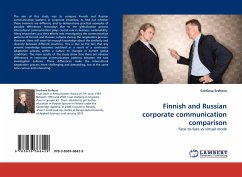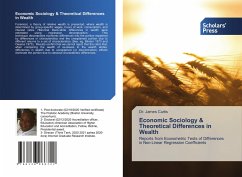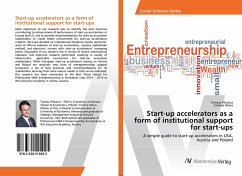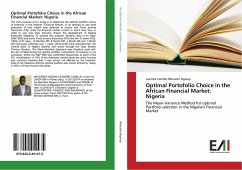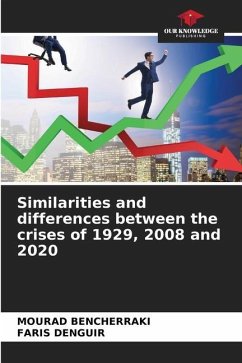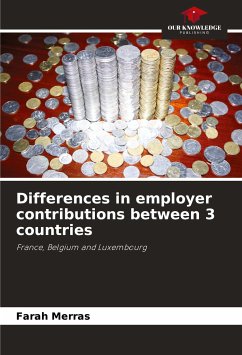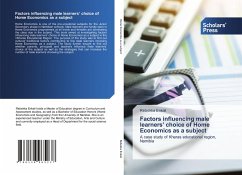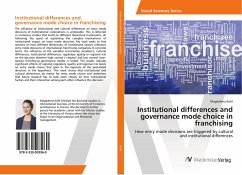
Institutional differences and governance mode choice in franchising
How entry mode decisions are triggered by cultural and institutional differences
Versandkostenfrei!
Versandfertig in 6-10 Tagen
37,99 €
inkl. MwSt.

PAYBACK Punkte
19 °P sammeln!
The influence of institutional and cultural differences on entry mode decisions of multinational corporations is undeniable. This is reflected in numerous studies that build on different theoretical frameworks, all following the quest of explaining the complex mechanisms of institutional impact on entry mode decisions. My work seeks to find answers on how different dimensions of institutional factors influence entry mode decisions of international franchising companies.In concrete terms, the influence of the variables Uncertainty avoidance, cultural differences, institutional differences, regu...
The influence of institutional and cultural differences on entry mode decisions of multinational corporations is undeniable. This is reflected in numerous studies that build on different theoretical frameworks, all following the quest of explaining the complex mechanisms of institutional impact on entry mode decisions. My work seeks to find answers on how different dimensions of institutional factors influence entry mode decisions of international franchising companies.In concrete terms, the influence of the variables Uncertainty avoidance, cultural differences, institutional differences, regulatory quality or regional risk on the decision between high control (=equity) and low control (non-equity) franchising governance modes is tested. The results indicate significant effects of regional regulatory quality and regional risk levels on entry mode choice that goes in the opposite of the postulated direction in the hypothesis. This work shows that institutional and cultural dimensions do matter for entry mode choice and underlines that future research has to look more closely on how institutional factors and their interaction among each other influence this decision.




